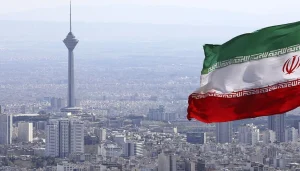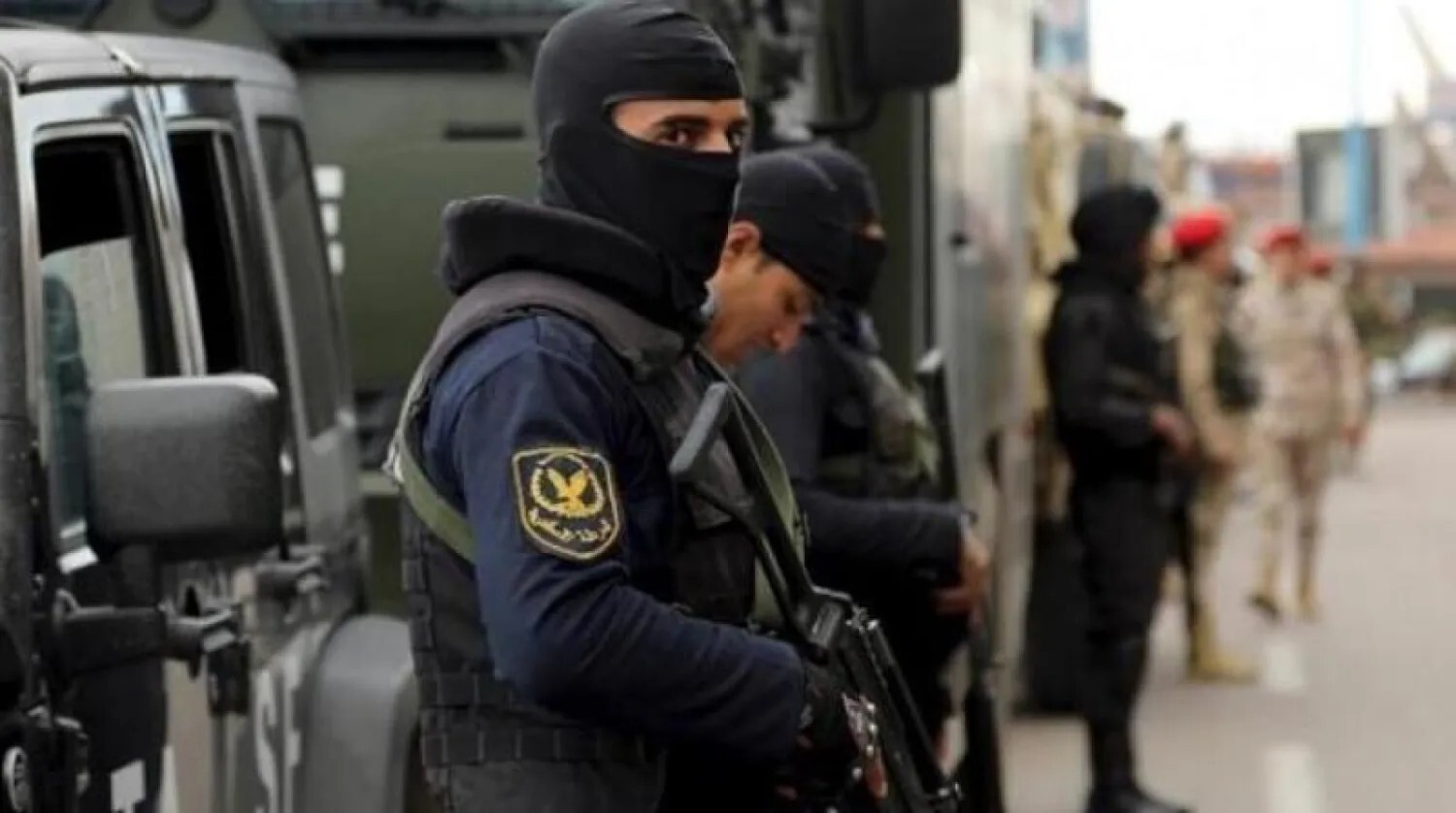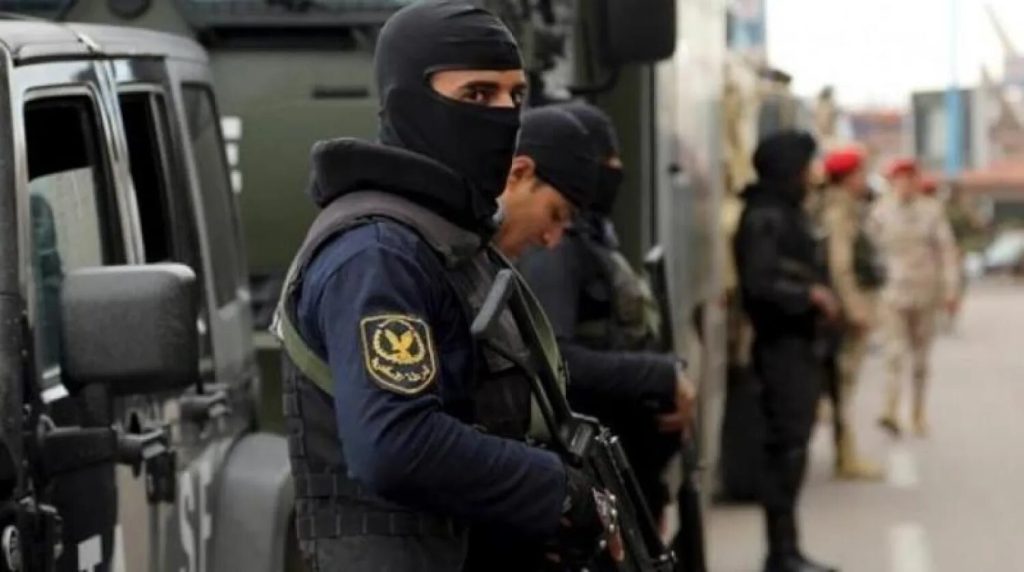Egypt announces new decisions regarding bloggers under investigation.
It was clarified that the intensified moves by Egyptian security are not targeting freedom of expression, as some claim, but rather a strict application of the rule of law and a preventive necessity to protect society from a wave of moral laxity threatening youth and future generations.
Al-Nams, in statements to RT, said, “Freedom of expression is a fundamental right guaranteed by the Egyptian constitution, law, and Islamic Sharia, but it is not an absolute right; it is restricted by not infringing on national constants, public values, or the rights of individuals and society.”
He added, “Freedom is essentially a blessing, but it becomes a curse if used to spread immorality, offend public decency, or promote content that violates morals. In such cases, legal intervention is not an option but a legal and religious duty to protect the social fabric.”
He pointed out that Egypt has a comprehensive legislative arsenal enabling the state to confront destructive content, including:
Al-Nams confirmed that the penalties stipulated by law “are not revenge against individuals but a deterrent means aimed at protecting society, especially since content published online reaches millions of young people within seconds and leaves a deep impact that is difficult to erase later.”
Responding to voices defending the arrested bloggers, Al-Nams said, “Blind defense that justifies violations under the banner of freedom harms freedom itself.” He added, “True defense is demanding a fair trial according to legal procedures, not justifying or legitimizing violations.”
He explained, “Those who raise the banner of freedom to enable the spread of vice not only harm society but also undermine religious values, question the foundations of the legal state, and open the door to chaos in the name of freedom.”
The well-known lawyer emphasized that Islamic Sharia affirms that “preventing harm takes precedence over bringing benefits,” clarifying that “preserving public morals, protecting the family, and safeguarding youth from deviation is a religious duty before being a legal obligation.”
He added, “A society that neglects its constants loses its compass and cannot build a secure future. No nation that has neglected its values has prospered.”
Al-Nams concluded by stressing that “digital platforms are a double-edged sword; they are either platforms for enlightenment and awareness-building or tools for destroying values and spreading chaos.”
He confirmed, “Fame does not mean immunity, freedom does not mean chaos, and responsibility is the other side of any right.” He said, “Words are a trust, and whoever betrays this trust bears its burden before the law, God, and society.”














Recommended for you
Exhibition City Completes About 80% of Preparations for the Damascus International Fair Launch
Talib Al-Rifai Chronicles Kuwaiti Art Heritage in "Doukhi.. Tasaseem Al-Saba"
Unified Admission Applications Start Tuesday with 640 Students to be Accepted in Medicine
Egypt Post: We Have Over 10 Million Customers in Savings Accounts and Offer Daily, Monthly, and Annual Returns
Al-Jaghbeer: The Industrial Sector Leads Economic Growth
His Highness Sheikh Isa bin Salman bin Hamad Al Khalifa Receives the United States Ambassador to the Kingdom of Bahrain